T4K3.news
Khalil speaks on antisemitism and protests in NYT interview
Mahmoud Khalil addresses antisemitism allegations at Columbia in an interview with Ezra Klein.
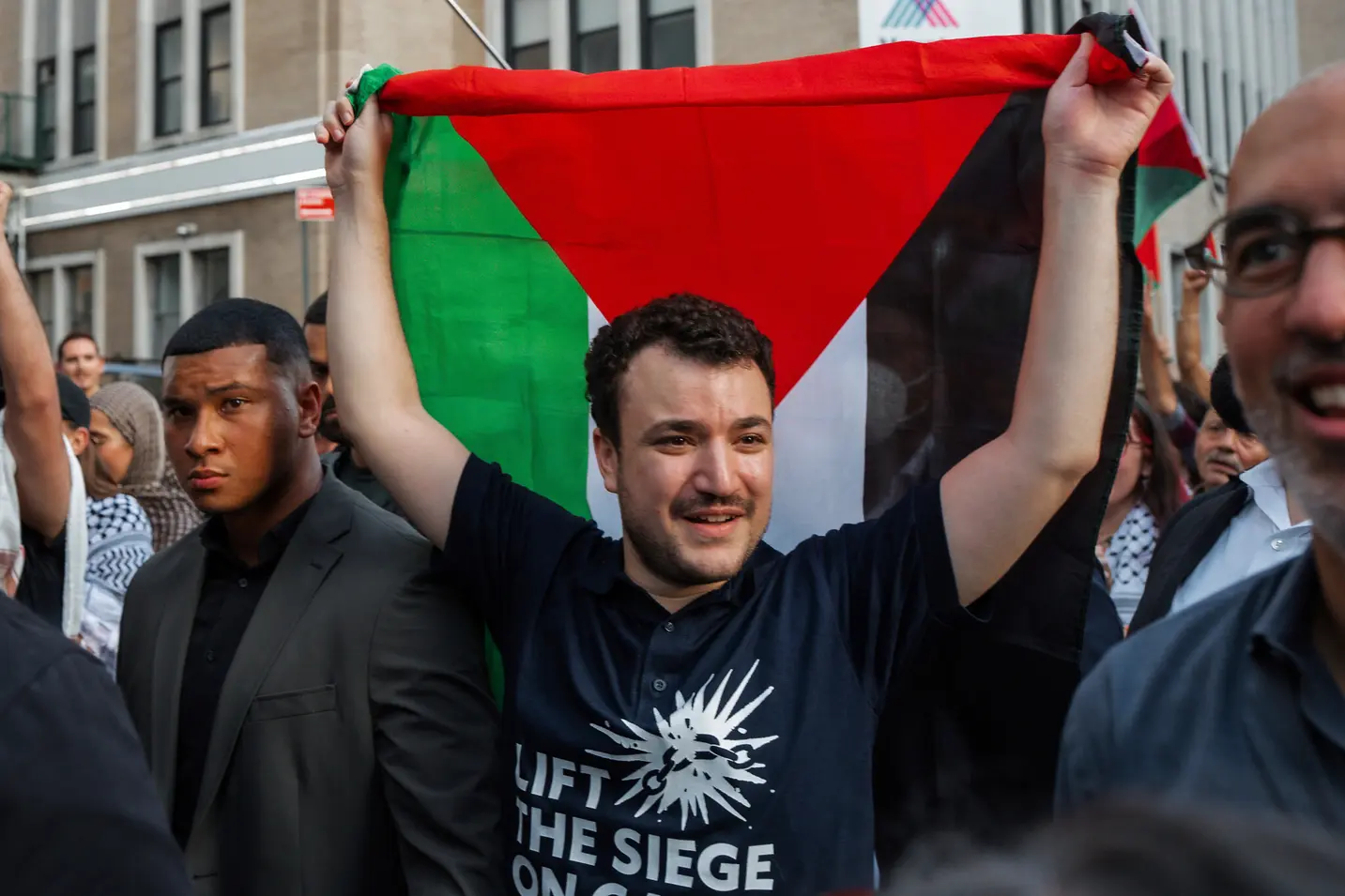
Khalil speaks out on the controversy over antisemitism at Columbia University during his recent interview.
Mahmoud Khalil defends actions and dismisses allegations at Columbia
In a recent interview with Ezra Klein of the New York Times, Mahmoud Khalil defended his role in the pro-Palestinian protests that led to his controversial arrest earlier this year. Khalil claimed that claims of antisemitism at Columbia University were exaggerated. He described such accusations as a form of "manufactured hysteria" fueled by misconceptions about the protests. Khalil also noted that while the October 7 attacks by Hamas violated international law, they were driven by a desperate need to make Palestinian voices heard amid escalating tensions surrounding a proposed normalization deal between Israel and Saudi Arabia. The interview marked a significant moment for Khalil, who has become a figure in the broader discussions on antisemitism and the pro-Palestinian movement.
Key Takeaways
"I would say there is this manufactured hysteria about antisemitism at Columbia because of the protests"
Khalil insists that the fears surrounding antisemitism are exaggerated in the context of protests.
"Proud Boys were at the doors of Columbia, the very right-wing group."
Khalil contrasts actual antisemitic incidents with the protests' implications.
"It was clear that the Saudi-Israel deal is very imminent, and Palestinians wouldn’t have any path to statehood."
He links the urgency of Hamas's actions to broader geopolitical shifts.
"I have a strong belief that antisemitism and anti-Palestinian racism rise together."
Khalil argues that both forms of racism are interconnected.
Khalil's statements highlight a deepening tension between pro-Palestinian activism and concerns about antisemitism in academic environments. His denial of the severity of antisemitism at Columbia has drawn ire from various groups who feel that such claims dismiss the genuine experiences of Jewish students. The framing of protests as a response to political dynamics complicates the narrative and raises questions about the ethics of political activism in the context of violent events. Khalil's position also challenges the prevailing notion that protests automatically correlate with hate-based actions, fuelling further debate.
Highlights
- Claims of antisemitism at Columbia are exaggerated hysteria.
- Protests are not the cause of antisemitism; political context matters.
- We cannot ask Palestinians to be perfect victims.
- A desperate attempt to tell the world that Palestinians exist.
Significant concerns over campus antisemitism
Khalil's denial of antisemitism claims has potential repercussions for campus safety and culture. This could lead to backlash from multiple communities regarding hate speech and safety.
The ongoing conflict continues to shape public discourse on campus and beyond.
Enjoyed this? Let your friends know!
Related News
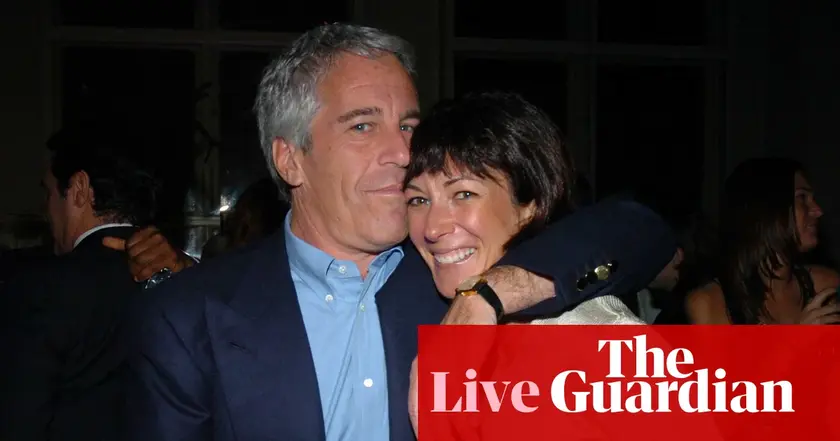
Ghislaine Maxwell meets with Justice Department official in Tallahassee
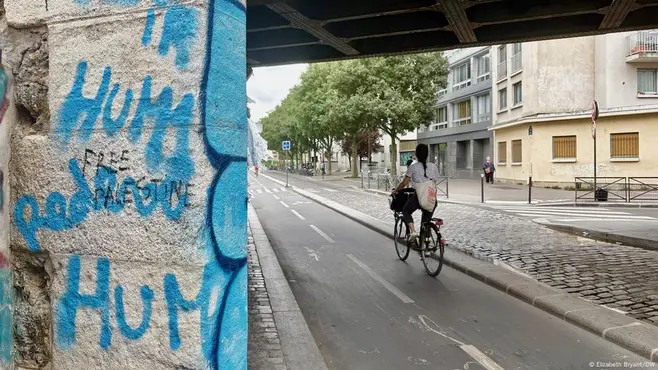
France plans to recognize Palestinian statehood
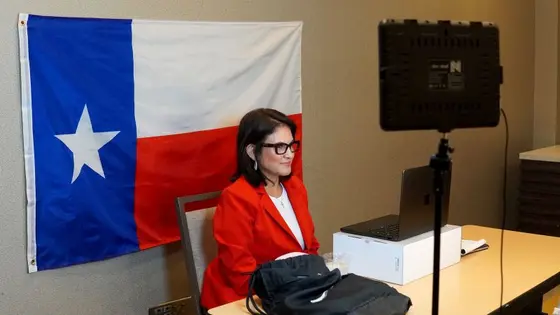
Texas Democrats press ahead with redistricting walkout
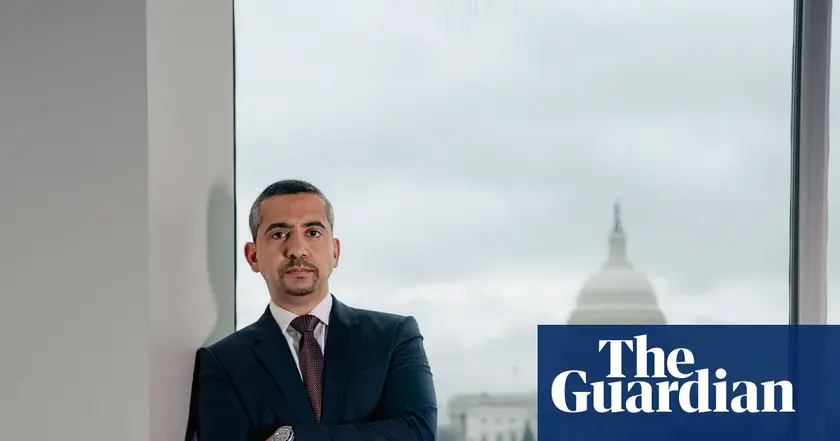
Far-right organizer exposed in Mehdi Hasan debate
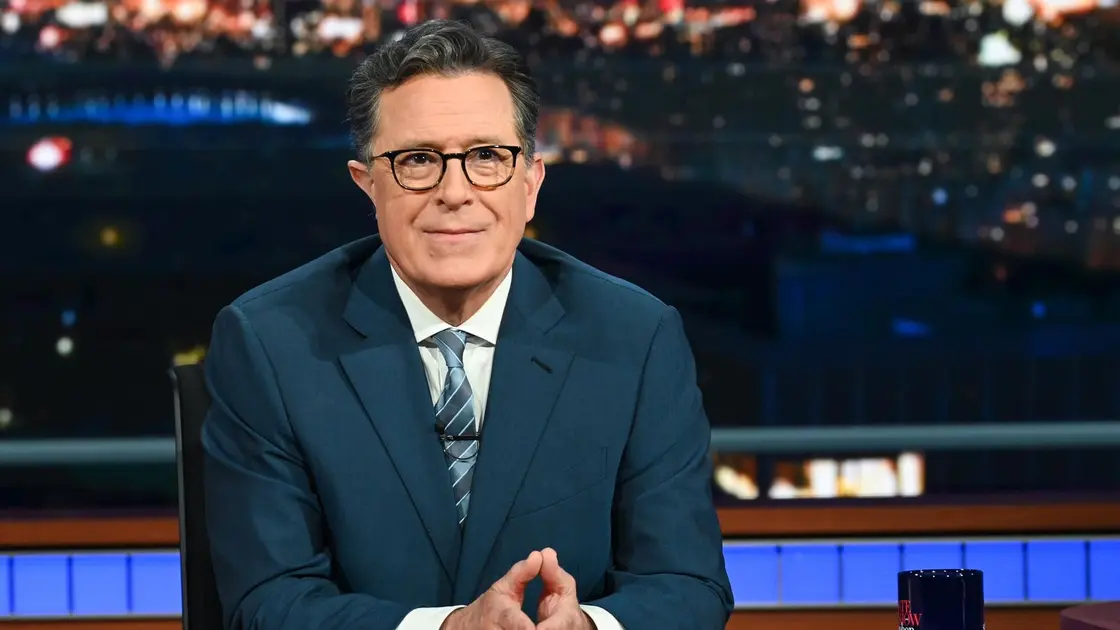
Colbert vows to fight after show cancellation
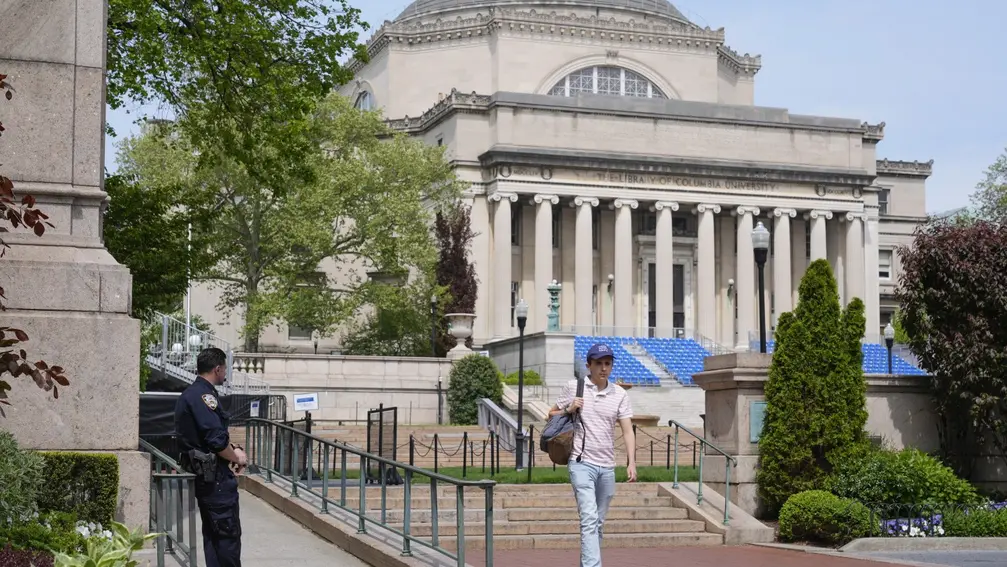
Columbia University finalizes $220 million settlement with Trump administration
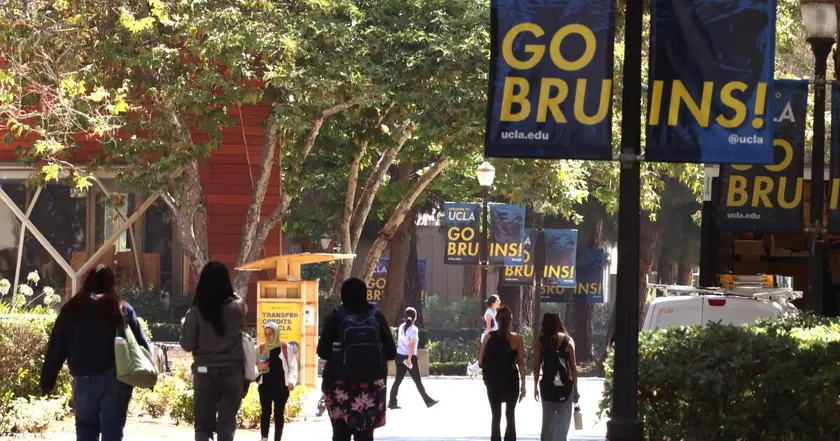
Trump UCLA dispute spikes
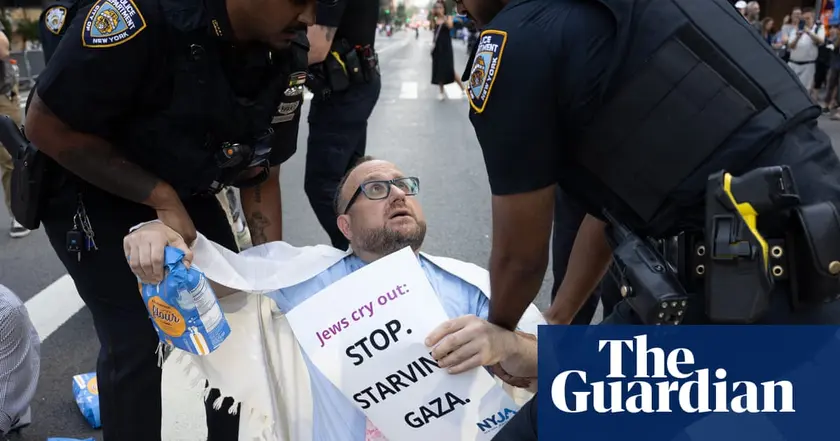
Jewish American groups demand humanitarian aid for Gaza
